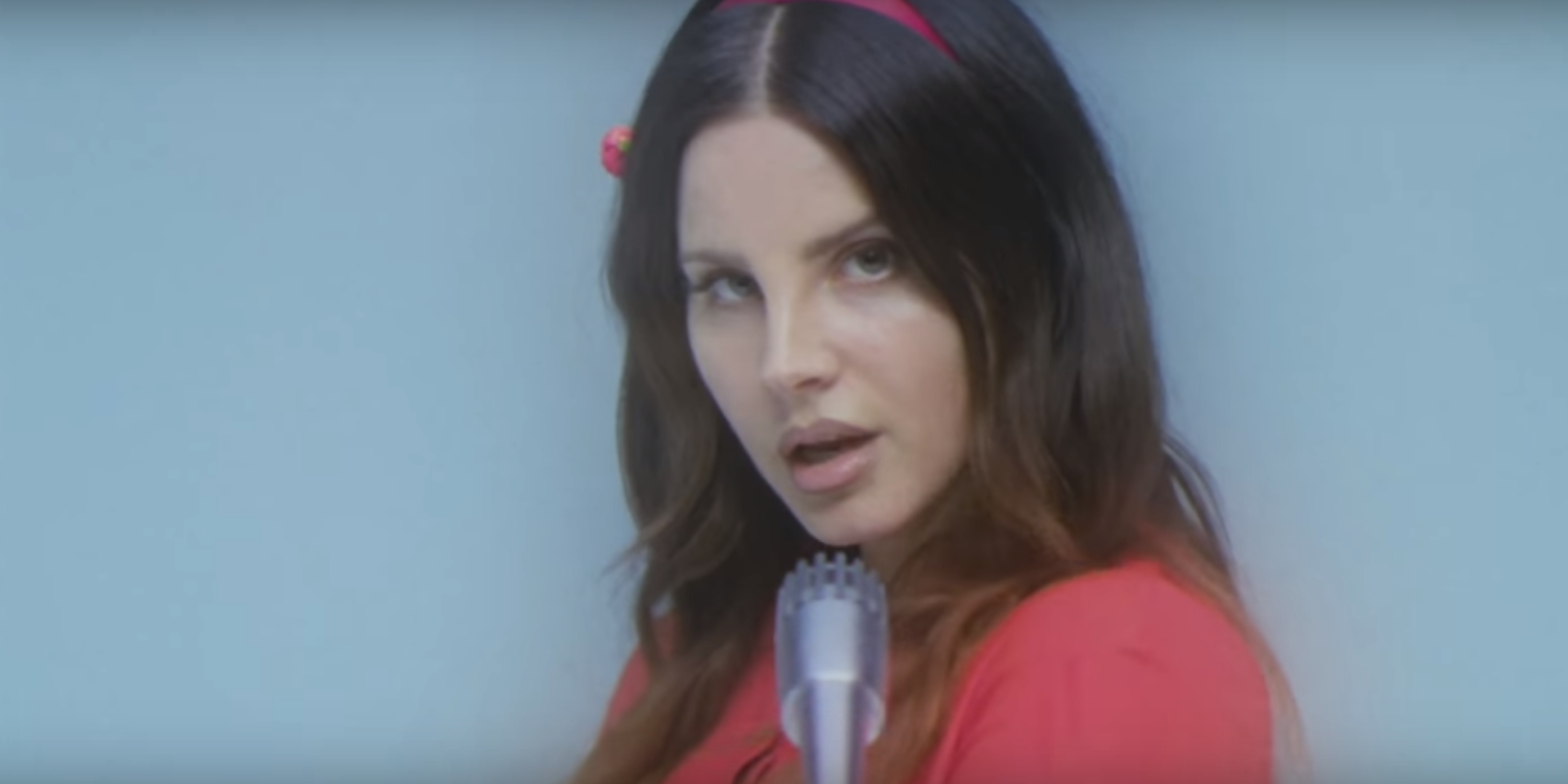Frank Zappa may be dead, but cheeky and confusing satire remains alive and well in popular music. Continuing his lineage, the 32-year-old forlorn temptress Lana Del Rey on Friday released her excellent fourth major-label album, Lust for Life. It’s an album of appropriated and highly sophisticated rap music.
Del Rey is notoriously difficult to pin down. This was ensured by her highly memorable (and criticized) 2012 Saturday Night Live appearance, where the singer covered her songs like bored, hesitant karaoke. Is the singer a pouting new-age nihilist, a modern-day beat poet, a purposefully artificial satirist, or a lost soul longing for some criminally indulgent past that’s never occurred?
She’s all of these things, or none of them, because Del Rey’s apparently intentional fuzziness has made it impossible for listeners to make heads or tails of who she is as an artist.
This confusion continues on Lust for Life, a lush album that is somehow schizophrenic and subdued, and full of sincere and absurd first-world problems. Here she keeps expanding on ideas of excess, fame, and the inherent sadness in both—but through a curious hip-hop lens that recalls Miley Cyrus‘ flirtation with trap music in 2013. There’s nothing you wouldn’t find within the sadness of older Future records, except that the codeine references are replaced with cocaine.
Del Rey checks off all the rap trope boxes, which is part of her unrepentant genius.
Entirely too long at 16 tracks and 72 minutes, she’s crafted the non-rap, rap album for our time. While the Weeknd-featured single “Lust for Life” garners headlines, it’s the songs with Harlem, New York, rapper and style icon ASAP Rocky (“Summer Bummer,” ‘Groupie Love”) that make waves.
On “Summer Bummer,” Del Rey’s sultry tone and carefree lyrics are juxtaposed against Rocky’s jagged brag raps. If that wasn’t enough, she sing-raps about a hazardous love affair, masked in coke binges and jaunts on black-sanded beaches.
https://twitter.com/Luke_Gonzaless/status/888540687301562372
The album’s best song is the high-key hilarious “In My Feelings,” an instant trap classic. Here her high-class character turns hood queen, expressing buyer’s remorse over her soul-sucking boyfriend: “I’m crying while I’m coming, making love while I’m making good money.”
Later, while trapped in a luxurious cage of her own privilege, she asks: “Who’s tougher than this bitch? Who’s freer than me?”
Who can find profuse strength in indulgent self-flagellation, without a flit of irony? Del Rey can, with a wink and a smile.


